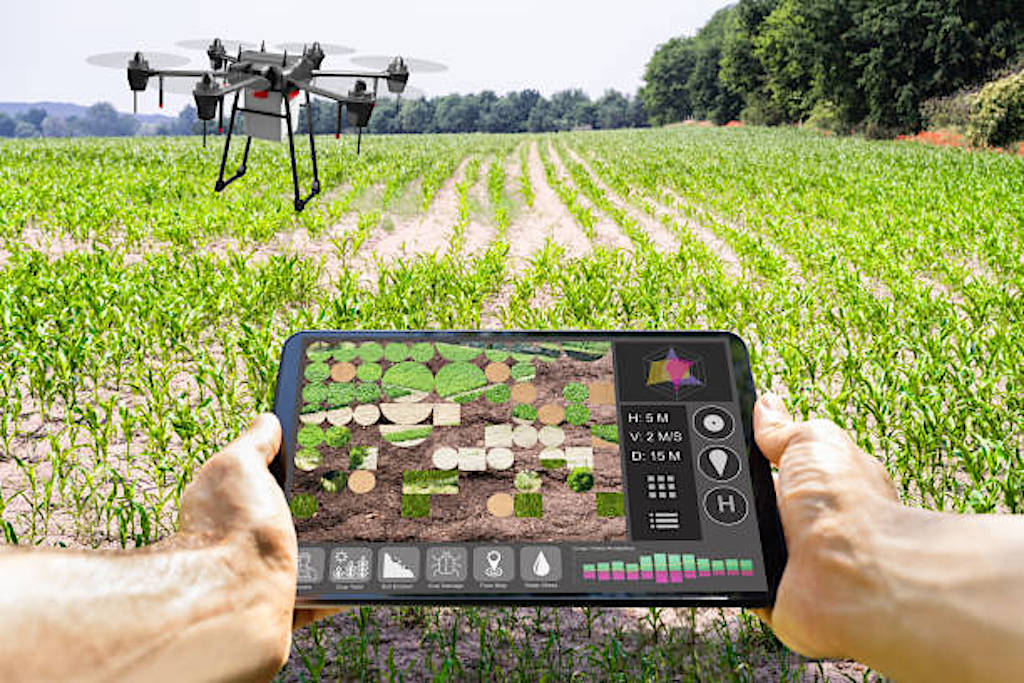Nigeria can only stabilise and drive growth in its agricultural sector when it adopts technologies and initiates effective policies to address post-harvest losses stifling food and nutrition security. These were the words of the Minister for Industry, Trade, and Investment, Otunba Adeniyi Adebayo at the official opening of the 8th edition of the Agro-Food and Plastprintpack Trade Show and Conference in Lagos, in collaboration with the Organisation for Technology Advancement of Cold Chain in West Africa (OTACCWA).
He said the Federal Government was promoting public-private investment partnerships on cold-chain infrastructure in order to tackle Nigeria’s huge post-harvest losses and attain food and nutrition security. “To build a sustainable cold chain network in Nigeria, the Federal Government is investing heavily to close the energy gap and encouraging public-private investment partnerships to find lasting solutions to cold chain challenges. We are optimistic that if the public and private sector works together to uplift the cold chain industry to international standards, it will drive the diversification of the economy, improve jobs and development, and drive technological innovation in the overall interest of Nigeria and Africa”, he said.
Adebayo also lamented that the country suffers huge post-harvest losses annually in the production of fruits and vegetables which had continued to create a deficit in Nigeria’s food production. The President of the Organisation for Technology Advancement of Cold Chain West Africa (OTACCWA), Alexander Isong, stated that cold chain is an industry that had seen very little penetration in Nigeria. Therefore, the country had been unable to enjoy the advantages it brings. According to him, “It has a multiplier effect on the economy, which helps a country in delivering goods and services that are healthy, certified and helps in storage and transportation of what it produces on its farm and aid safe transportation of pharmaceutical products to maintain their efficacy and potency”, he said.
He said the increasing need for the temperature to prevent food losses, trade liberalisation and rising demand for perishable produce globally, is driving the growth of the cold-chain market. Isong disclosed that the cold chain market is valued at $ 233.8 billion in 2020 and is projected to reach 340.5billion by 2025, growing at a compound annual growth rate of seven per cent. He noted that Nigeria can only achieve a self-sustaining standard of food production and attain food and nutrition security when it adequately invests in its cold chain sector, to enable players ramp up their production. The Consul-General of Germany, Weert Borner, said Germany regards food security as one of its clear priorities both locally and internationally, adding that his country is currently doing a lot in global agricultural research and partnering with Nigerian universities on it.
“The task for all of us is to modernise agriculture”, Borner said, while urging Nigeria to pay more attention to agro-processing to increase its export revenue and infrastructure to store them until they are needed. The Managing Director at Fairtrade Messe, Paul März, said that the international trade show and conference had gathered global technology leaders from across 17 countries to showcase their technologies and solutions for Nigerian and West African markets in agriculture, food, beverage processing, ingredients, plastics, printing, and packaging.

